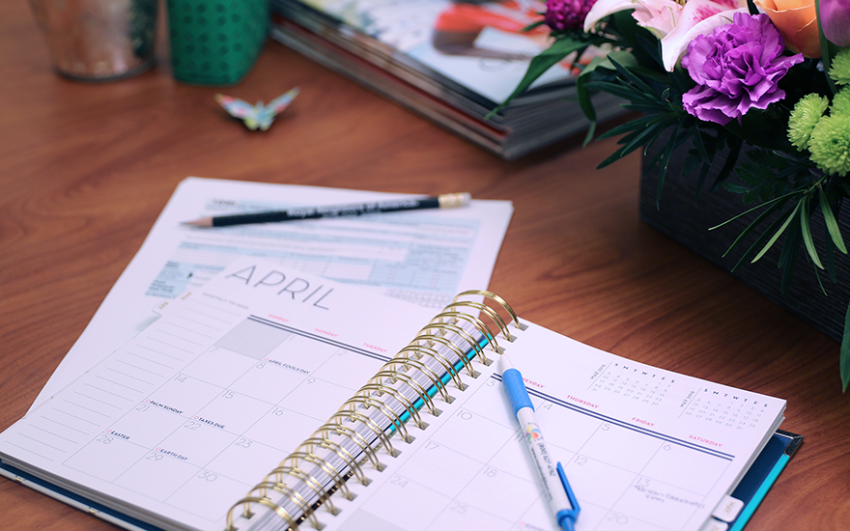Don’t panic. Yes, filing your taxes can be a time-consuming and complicated process. And sometimes it can be an unexpected financial burden. But for most Americans, filing a tax return is a good thing, because eight out of 10 taxpayers will get a refund!1 And it may or may not be a big chunk of cash.
Whether your refund is larger or smaller this year, when money suddenly falls into your lap, what should you do with it? There is definitely a temptation to spend it. Those ads for new phones, TVs, cruises, and cars are certainly tempting. But take a minute and curb that urge.
Instead, here’s a suggestion. Right now, before you get your money, think about what you should do with it. Look at where you are financially and figure out what your greatest financial needs are, and commit to using your tax refund where it will have the biggest impact.
First, look at your debt. Debt in itself isn’t bad. (How could you ever buy a house without going into debt?) But there is other debt that isn’t so great.
Start with unpaid bills. If you’ve put off paying bills because you didn’t have the money, pay those bills. Unpaid bills can have an impact in terms of fines, lost services, debt collectors, and a lowering of your credit rating.
Next, look at high-interest debt – especially credit card debt. If you carry this debt, you could be paying quite a bit of interest each month for things you may have purchased a long time ago.
When you pay off some (or all) of that high-interest debt, your interest payment will be lower the next month. And as long as you don’t add to that debt, that savings in interest payments will keep going into your pocket month after month.
If you don’t have high-interest debt, think about putting the money away instead. Four in 10 Americans don’t have $400 saved for an emergency expense!2 Putting that money into a savings account can help cushion the blow of an unforeseen emergency in the future. And if you are able to lock the money away for a while, look to a Certificate of Deposit (CD), which is a savings account with higher interest rates.
If you already have a good savings cushion and can lock some money away for retirement, deposit the refund into a tax advantaged 401(k), or IRA account. These accounts are a great way to grow your savings for retirement.
Keep all of this in mind when you file your taxes this year. Use your refund to reward yourself, not with shopping, but with some breathing room. Money used wisely now may make life easier for you in the future.
1https://www.irs.gov/newsroom/filing-season-statistics-for-week-ending-november-23-2018
2https://www.federalreserve.gov/publications/files/2017-report-economic-well-being-us-households-201805.pdf
This article is for informational purposes only, you should not construe any information provided as legal, tax, investment, or financial advice. No reader should make any investment decision without first consulting his or her own financial advisor and conducting his or her own research and due diligence.


